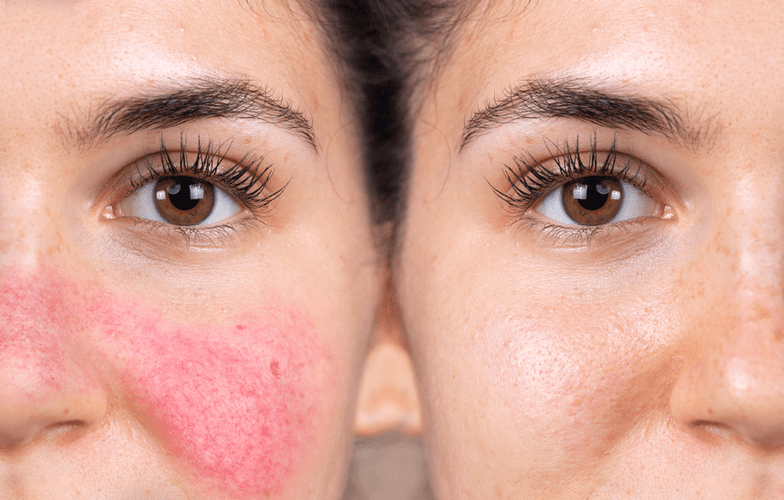Effects of alcohol on health and liver
06.11.2020For men, heavy drinking means more than four drinks on any day or more than 14 drinks a week. For example, any amount of drinking increases the risk of breast cancer and colorectal cancer. The bottom line is that alcohol is potentially addictive, can cause intoxication, and contributes to health problems and preventable deaths. If you already drink at low levels and continue to drink, risks for these issues appear to be low. In the United States, moderate drinking for healthy adults is different for men and women. It means on days when a person does drink, women do not have more than one drink and men do not have more than two drinks.
What Are the Short-Term Effects of Alcohol?

Many different subtypes of alcohol dependence exist, characterized by alcohol cravings, inability to abstain or loss of self-control when drinking (71). In fact, it may have adverse effects on development, https://adminza.ru/nano/krem-dnevnoj-renessans-placentol-gialuronom/ growth, intelligence and behavior — which may affect the child for the rest of its life (63). The relationship between alcohol and heart disease is complex and depends on several factors.
Where can someone find treatment for AUD?
- The kidneys play a crucial role in maintaining fluid and electrolyte balance.
- Alcohol’s impact on the functioning of the brain ranges from mild and anxiolytic disinhibitory effects, motor incoordination, sedation, emesis, amnesia, hypnosis and ultimately unconsciousness [4].
- The content published in Cureus is the result of clinical experience and/or research by independent individuals or organizations.
- Regardless of how much you’ve had, it’s important not to get behind the wheel of a car (or a boat) when drinking.
As you drink an alcoholic beverage, alcohol moves into your bloodstream through the stomach and small intestine. Moderate alcohol consumption may increase life expectancy, while alcohol abuse is a strong risk factor for premature death. Many people facing anxiety and depression drink intentionally to reduce stress and improve mood. While drinking may provide a few hours of relief, it may worsen your overall mental health and spark a vicious cycle (23, 24). While alcohol intake and depression seem to increase the risk of one another simultaneously, alcohol abuse may be the stronger causal factor (20, 21, 22). Alcohol addiction is a disease characterized by a strong craving for alcohol, and continued use despite a negative impact on health, interpersonal relationships, and ability to work.
What effects does alcohol have on health?
Lowered inhibitions when drinking alcohol can lead to impulsive behavior—engaging in behaviors without considering the potential consequences of your actions. The impairing effects of alcohol on cognitive functioning—including concentration, thinking, reasoning, and decision-making—play a role in increased impulsivity while drinking. Heavy drinking and beer are linked to increased weight gain, while light to moderate drinking and wine are linked to reduced weight gain. For example, light to moderate drinking is linked to reduced weight gain, whereas heavy drinking is linked to increased weight gain (32, 33, 34). Over time, heavy drinking makes the organ fatty and lets thicker, fibrous tissue build up.

For example, a usually shy and quiet person may become increasingly chatty, socially confident, and outgoing when drinking alcohol. Lowered inhibitions can also lead to http://pxo22.ru/humor/2020/12/26/carys-when-a-girl-official-music-video.html poor decision-making and increase the risk of engaging in risky behaviors. Alcohol (ethanol) is an intoxicating substance found in beverages like wine, beer, and liquor.

Alcohol use: Weighing risks and benefits
It can also lead to irritation of the lining of the stomach, called gastritis. Understanding how alcohol affects the mind, body, and overall health can help you make the most informed decisions about your consumption habits. If you’re concerned with your alcohol consumption and attitude toward drinking, talk to a healthcare provider as a first step. From the first sip, alcohol impacts the body—even if you don’t realize it.
Call 911 for help if you suspect someone is experiencing alcohol poisoning. Symptoms can vary from person to person, so it’s best to exercise caution and seek medical help if someone http://aloepole.ru/articles/1077005424/a-1093329839 you are with shows signs of extreme alcohol intoxication. Alcohol causes irritation and inflammation along your gastrointestinal (GI) tract, disrupting normal digestive function.
- This is a preventable disease, and it’s reversible if treated early.
- Her inflammatory bowel disease (IBD) had been in remission for two months, and she felt like her life had gone back to normal.
- Because women tend to have less water in their bodies than men, if a woman and a man of the same weight drank the same amount of alcohol, the woman’s blood alcohol concentration (BAC) would likely be higher.
- More than 70% of the mice in the binge drinking group developed Afib.
- However, there may be legal, financial, or relational consequences for drinking heavily.
- As the body adapts to the presence of the drug, dependency and addiction can result.
- Alcohol addiction is a disease characterized by a strong craving for alcohol, and continued use despite a negative impact on health, interpersonal relationships, and ability to work.
Alcohol also limits blood flow to your muscles and gets in the way of the proteins that build them up. If you are drinking heavily or are worried you may be dependent on alcohol, reach out to a healthcare provider before you start reducing your alcohol consumption to determine the safest way to make changes. Alcohol use can damage the hippocampus, the part of your brain responsible for memory and learning.

